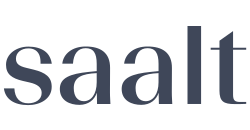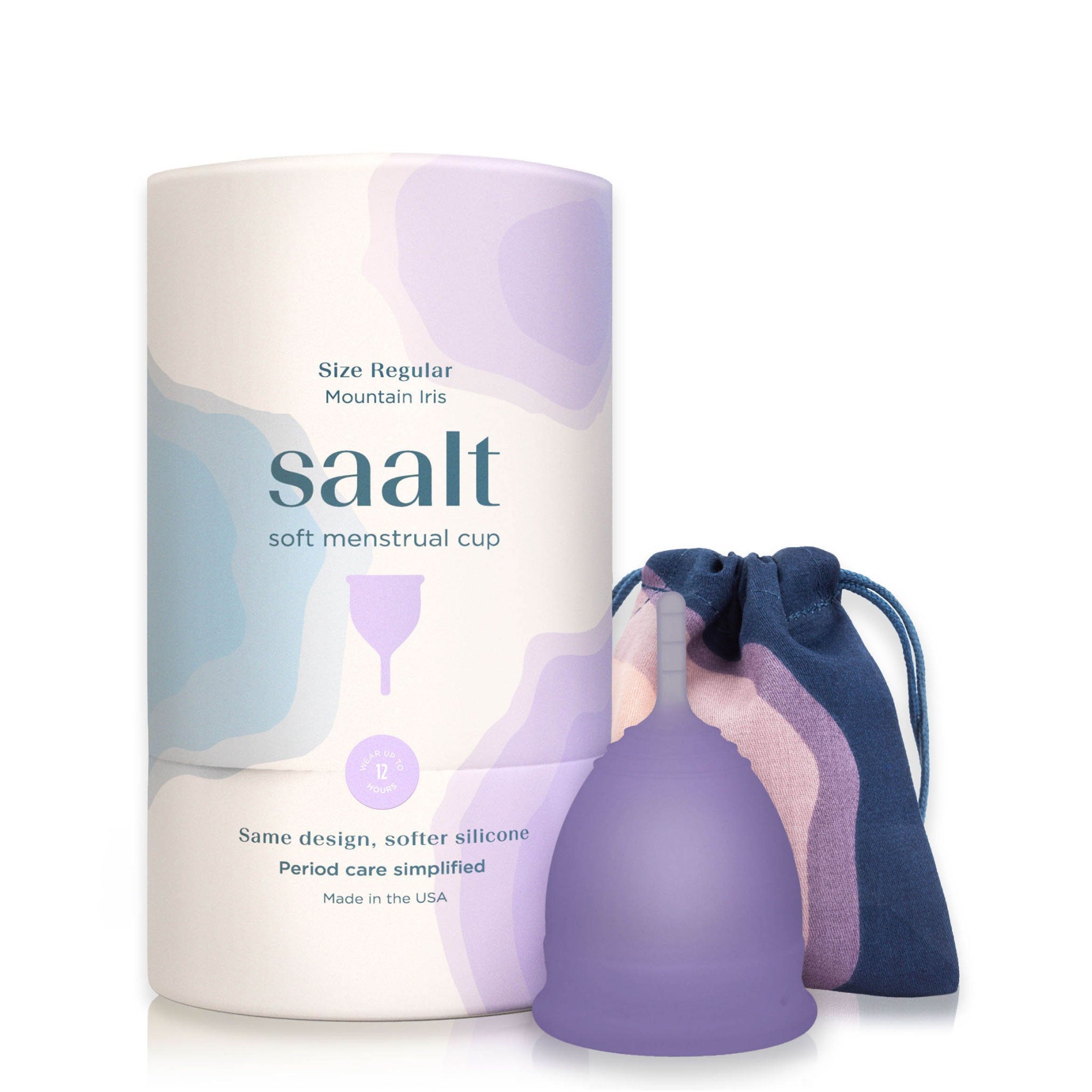By: Alex Gregg
If you’re reading this blog, there are three things we know for sure. First, you can read. Second, you have an internet connection. And third, you have access to either a smartphone or computer. With this in mind, chances are that you live in a place with few barriers to education. Maybe you even had a choice in where you went to school. As a result, when you hear the words “women’s equality” your mind may go straight to the glass ceiling.
Battles waged in the boardroom tend to dominate the conversation around women’s equality in the “Global North,” but the lion’s share of inequalities suffered by women and girls globally happen much earlier in life. Imagine, for a moment, that you just started your period and you do not have access to a reliable or sanitary means of period care. Now, think of your to-do list. Would you be able to go to work? Attend class? Go to the grocery store?
What We Know
Each month, 500 million women and girls around the world are faced with this challenge. 86% of girls in Kenya and 46% of girls in Nepal miss school because of their period. In many cases, students fall behind and ultimately drop out. With such great barriers to completing a 12th grade equivalent education, the disparities found between male and female students persist.
While more than two-thirds of the world's countries have achieved gender parity in primary education, girls still face a disadvantage in many countries, particularly in Africa, the Middle East, and South Asia. For example, 78 girls in Chad and 84 girls in Pakistan are enrolled in primary school for every 100 boys.

What is Changing
So, what would the ripple effect be for these countries respectively if that gap were to close? With a foundation of education, career possibilities open up for young women. According to the World Bank, the return yielded from one year of secondary education for a girl is as high as a 25% increase in her wages later in life. We know that women tend to invest 90% of these wages back into their families and communities, as opposed to about 40% of men’s wages—making an investment in women is an investment in communities. Impacts of increased education don’t stop at career opportunities: early marriage and parenthood makes a steep decline in educated women. Furthermore, educated women tend to have fewer, healthier and better educated children. They step into positions of leadership and assume greater economic roles within their communities which, according to UN women, makes governments more diplomatic. It’s easy to then see how closing the education gap globally would impact population growth and its subsequent pressure on the environment, as well.
However, it’s important to note that while it still feels like we have a long way to go, more girls and women are becoming educated globally than ever before. The strides that have been made cannot be understated. The investments being made are working. But there’s still much work to be done. We know that the impact of periods among those fortunate enough to attend school still prevails, and it’s been a natural evolution to incorporate support for education in our impact initiatives here at Saalt.

What We Can Do
As a certified B Corp, Saalt commits 2% of our revenue to donate period care to regions with the most need and help fund initiatives in menstrual health, education, and sustainability. That means every purchase you make at Saalt is a step toward educational access for a girl or woman.
But it’s not just menstrual cups we’re providing to keep girls in school. To date, we’ve funded over 100,000 days of school by funding school scholarships for women and girls through organizations such as Style Her Empowered and HER International, who are offsetting the financial burden families face when sending their daughters to school.
Investing in girls' education just makes sense, and together we can make a difference. Making the switch to sustainable period care like period cups and period underwear does more than bring ease and comfort to your monthly cycle. Choosing Saalt means using your dollar to help close one of the largest gaps present in gender inequality. So, this Women’s Equality Day, why not take the leap?





